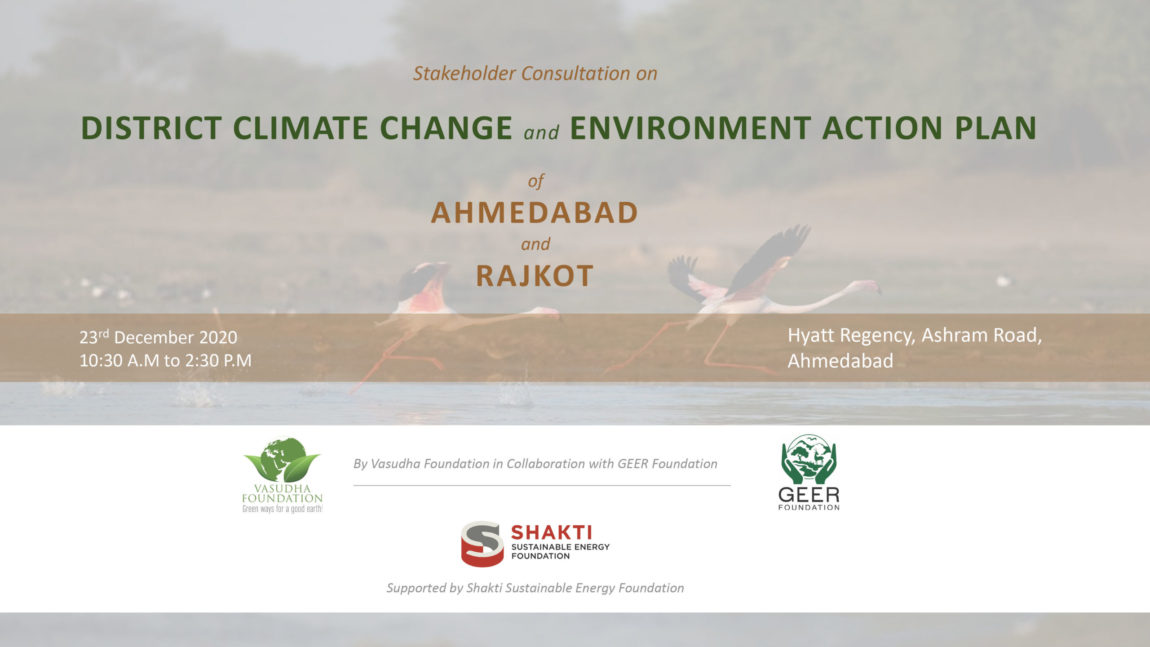December 23, 2020; Hyatt Regency, Ahmedabad
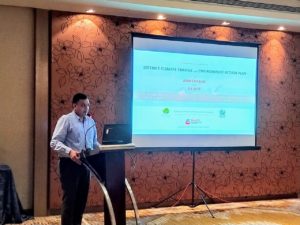
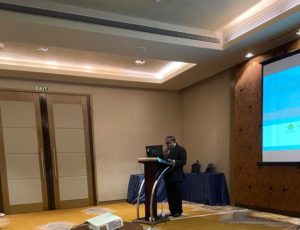
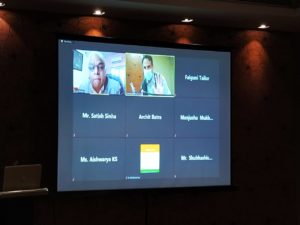
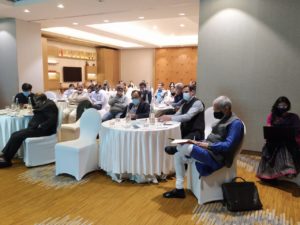
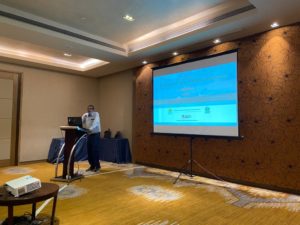
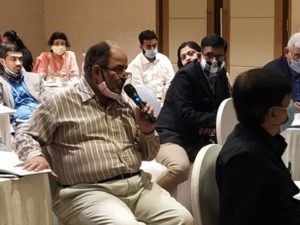
Vasudha Foundation with support from Shakti Sustainable Energy Foundation is working to develop District Climate Change & Environment Action Plan (DCEAP) for multiple districts of India (namely: Bhopal, Indore, Ahmedabad, Rajkot, Nagpur & Pune).
The rationale behind developing this Action Plan is to follow a bottom-up approach to climate proof development priorities for the district, as well as, form the basis of the State Climate Change Action Plan (SAPCC) and its implementation processes. The key elements of the Action Plan are: historical climate variability and projections; analysis of the baseline scenario to identify climate change drivers (using IPCC methodology); policy impact evaluation from a climate & environment lens; budgetary analysis to estimate expenditure on climate action; identification of sector wise climate change mitigation potential; and provision of issue specific key recommendations, suitable for the district.
For the two districts of Gujarat, Vasudha Foundation has collaborated with the Gujarat Ecological Education and Research (GEER) Foundation (an autonomous body of the Forest Department, Govt. of Gujarat). Moreover, the Climate Change Department, GoG has recently entered into a strategic partnership with Vasudha Foundation for this work of the two districts of Gujarat.
The first draft of the Action Plans has been prepared for all the districts. In order to further refine the Action Plans, inputs from sectoral and regional experts are needed. In view of this, a first round of Stakeholder Consultation was organized for Ahmedabad & Rajkot District Action Plans on December 23, 2020 at Hyatt Regency, Ashram Road, Ahmedabad. The intent of organizing this consultation was to bring on board representatives of CSOs/NGOs, academia and autonomous bodies of GoG. A separate round of consultation with government official will be organized in the near future.`
Keeping the ongoing Covid-19 situation in mind, a hybrid meet was planned where participants could either attend in-person or opt for the online option. The in-person meet was attended by around 38 participants and a few participants had joined through the webinar. A wide range of stakeholders from renowned CSOs/NGOs (CEE, Paryavaran Mitra, MHT, Toxic Links etc.), reputed academic institutes (IIT-Gandhinagar, CEPT, PDPU, Gujarat University, L. D. College of Engineering) and autonomous bodies of GoG (GWSSB, WASMO and UGVCL) etc. had participated in this consultation. The Action Plans were greatly appreciated and meaningful suggestions/inputs from the participating stakeholders were received. It was emphasized that the Action Plans will be helpful as a benchmark for formulation district level plans for other districts. The key inputs received during this Stakeholder Consultation are as follows:
- Heat stress leads to increase in space cooling requirements this in turn leads to great electricity/coal consumption and higher emissions. Therefore, recommendations should be made for cooling plans that are sustainable (including building energy efficiency, increasing lung spaces etc.).
- Incorporation of climate change in the curriculum across the education systems.
- Increased focus on industrial efficiency and other CO2 mitigation measures.
- Inputs can be taken from Saurashtra Model for Groundwater Table Recovery
- Include recommendations for reducing water consumption in agriculture sector through consultation with farmers/associations.
- Gujarat has biodiversity registers for every district – they can be looked into. Biodiversity needs to have a little more emphasis in the report.
- Recommendations on river rejuvenation can be included for both districts (for Sabarmati in Ahmedabad and Aaji in Rajkot).
- District administrations need to incorporate the formation and implementation of such plans at the earliest.
- Regular monitoring to reduce open burning of waste (solid waste, e-waste, bio-mass). Good practices on wate management (for climate mitigation e.g. Indore model, etc.) can be included
- Impacts of climate change on poor/vulnerable communities can be mentioned in the Action Plan
- Forestry sector contributed to the highest mitigation impact, hence, district budget allocation must consider forestry with utmost importance as would contribute hugely to climate mitigation commitments
- Emphasize on effective initiatives for emission offsets, eg: emission reduction under the PAT Scheme (Perform Achieve and Trade) has been significant.
- Industry data is crucial. A pilot can be done with the industries to bring in the data.
- Need to setup priority focused timeline within the plan.
- Data availability – synergy of different departments, private organisations etc. for better projections and estimations
- Public awareness component needs to be added including financial component
- Best practices (for climate mitigation) initiated elsewhere can be proposed for implementation




